Table of Contents
Introduction
The Uncharted Power of Gaming in the Fabric of Reality
Have you ever taken a break from an intense gaming session and pondered its impact beyond the screen? It’s a notion that might initially seem odd. But, as you dive deeper, it begins to unfurl layers of significance. Video games, often dismissed as mere pastime diversions, carry more weight than many give them credit for.
Gaming offers a rich tapestry of experiences that can often mirror, or even provide solutions to, our real-world dilemmas. Picture this: a world where the strategies we devise in games arm us with the tools to tackle life’s challenges head-on. A world where, beyond the pixels and the action-packed narratives, there are life lessons waiting to be deciphered.
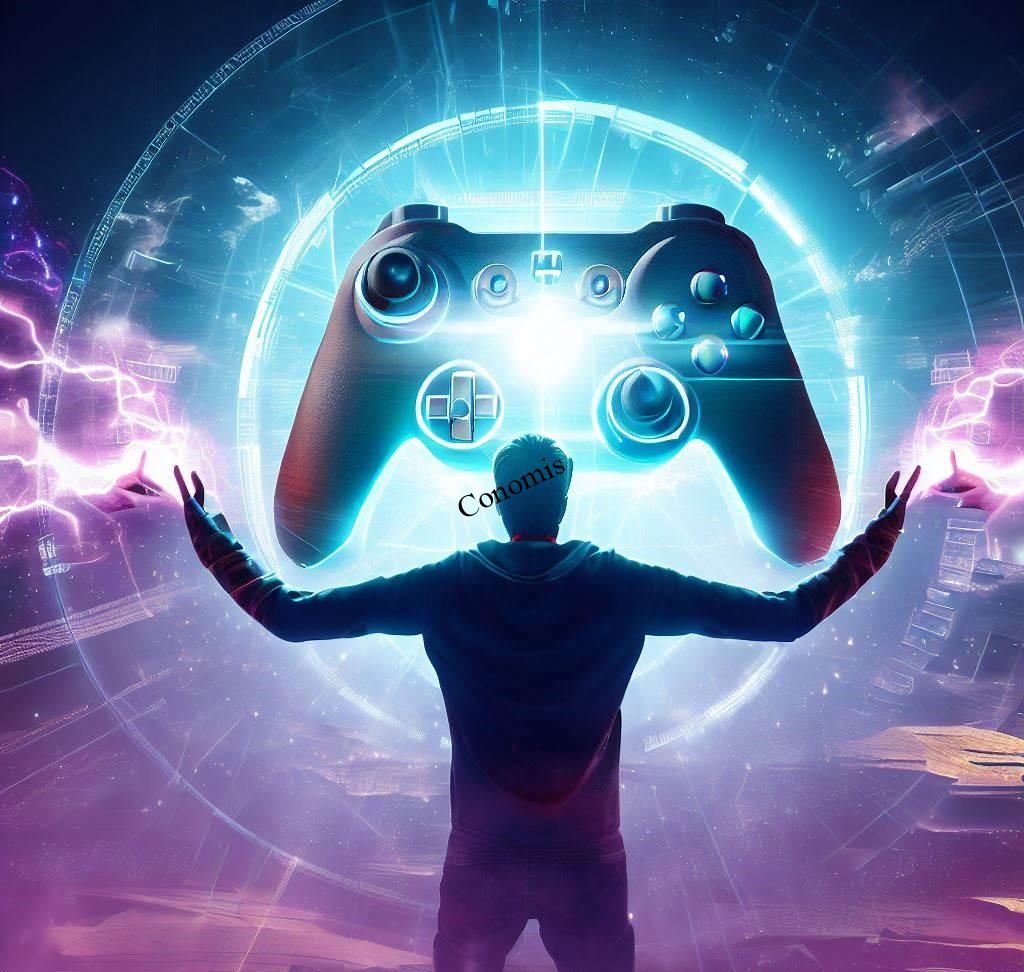
The assertion might raise eyebrows. However, consider the transformative power of gaming. The camaraderie we build in online multiplayer games, the patience we cultivate while navigating a particularly challenging level, or the empathy we feel for a digital character’s plight Aren’t these reflections and manifestations of our real-world emotions and capacities?
As we stand at this intersection, I invite you to reconsider the role of gaming in our lives. To see it not just as an escape but as a bridge. A bridge that has the potential to lead us to a balanced, harmonious life once we recognize and harness its profound implications. Let’s journey through this revelation together, unlocking the hidden potential of the gaming universe in shaping our everyday reality.
Re-imagining Gaming: A Portal to Reality
At first glance, video games might seem like a series of intricate graphics and thrilling sound effects—a brief escape from the hustle and bustle of everyday life. But take a moment to look beyond the surface. Just like a gripping novel that transports its reader to another world or a film that leaves its audience in deep reflection, video games encompass much more than what meets the eye.
These digital platforms have evolved into a dynamic medium, echoing the nuances of our reality. Whether it’s through the elaborate stories they narrate or the moral choices they place before a player, games have the power to stir profound emotions and provoke thought. Each mission, every character, and the multitude of challenges encapsulate life lessons, albeit in a virtual setting.
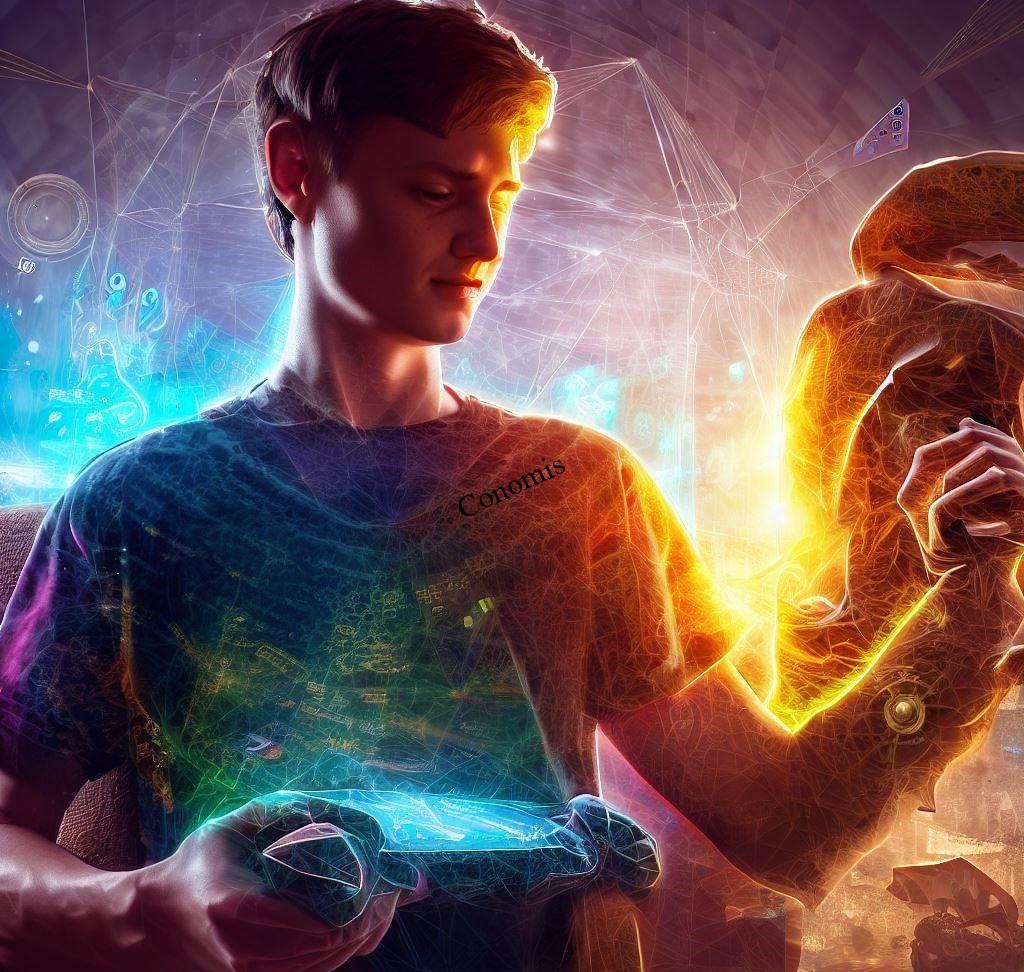
However, there remains a prevailing perception of games as mere tools for escapism. Detractors argue that they’re just about navigating fictional worlds devoid of any real-life relevance. But isn’t every form of art and entertainment, at its core, a reflection of the society it stems from? Can’t the challenges faced by a game’s protagonist offer insights into our personal struggles?
It’s time we shift the narrative and recognize the multidimensional role of gaming. As we immerse ourselves in these virtual realms, we are not just escaping; we are often confronting, learning, and growing. So, the next time you pick up that controller or keyboard, ponder this: might the game be holding up a mirror to your life?
Gaming Beyond Entertainment
The deep-rooted psychological advantages of gaming
On the surface, video games may appear to be a mere sequence of tapping keys or hitting buttons, racing against time to score the highest points. However, delving deeper into the gaming universe reveals a sophisticated world of cognitive challenges, strategic planning, and intense decision-making.
Consider for a moment the essence of most games: they are elaborate puzzles designed to test and stretch our mental capacities. It’s not all about speed and dexterity; it’s about wit, creativity, and perseverance. Games like chess or strategy-based video games compel players to think several steps ahead, enhancing their foresight and problem-solving skills. Such cognitive exercises can be likened to mental gym workouts, pushing our brains to think, evolve, and adapt.
Then there are action games. Beyond the rapid movements and split-second decisions, they offer invaluable lessons in reflexes and hand-eye coordination. In the heat of the game, every millisecond counts, training the brain to respond quicker and sharper.

Moreover, the psychological rewards of gaming are tangible and immediate. Remember that sense of exhilaration when you finally conquered a challenging level or defeated a formidable opponent? That’s not just joy; it’s a dopamine release in the brain, a natural mood enhancer. It’s akin to the euphoria one might feel after a productive day or accomplishing a long-sought goal.
In conclusion, the realm of gaming is not just a digital playground. It’s a space where our minds are continuously engaged, challenged, and rewarded. It’s about time we celebrated and acknowledged the multifaceted psychological benefits gaming brings to the table.
Bridging Bonds Through Gaming’s Social Landscape
Imagine stepping onto a playground. The familiar sounds of laughter, shouts of shared triumphs, and the comforting sense of belonging envelop you. Now, transpose this scene to the digital realm. That’s precisely what video games offer—a vast, interconnected playground where new alliances are formed and existing bonds are strengthened.
At the heart of many games, especially multiplayer online ones, lies the essence of social connection. These platforms invite players from every corner of the globe to collaborate, engage in friendly competition, and share experiences. It’s not just about individual achievement; it’s about collective victories, mutual respect, and understanding different perspectives.
In an era where feelings of loneliness and isolation are all too prevalent, gaming emerges as an unexpected savior. For those distanced from family or friends or struggling to find a social niche, games can be a beacon of hope. They provide an avenue to relate, to communicate, and to be part of a community, regardless of physical barriers.

Reflect on the last multiplayer game you were a part of. The strategy discussions, the joyous outbursts after a win, the collective groans after a close defeat, and the playful banter—isn’t it reminiscent of a group of friends on a real playground? Such moments, even in a virtual space, reinforce the human need for connection.
In essence, video games have evolved beyond mere entertainment. They are social hubs, stitching together diverse individuals in a tapestry of shared experiences, laughter, and camaraderie. Who would have thought that the simple act of gaming could forge such profound, real-world connections?
Gaming: The Unconventional Classroom for Skill Enhancement
Have you ever stopped to consider the plethora of skills you unconsciously hone while engrossed in a game? It’s easy to overlook, but the gaming arena is akin to a dynamic, interactive classroom, one where learning feels less like a chore and more like an adventure.
Firstly, let’s delve into the realm of strategy games. These are not just pastimes; they are rigorous mental simulations. When tasked with building empires, managing resources, or leading armies, players inadvertently cultivate skills like resource allocation, long-term planning, and strategic foresight. They’re essentially practicing managerial and leadership roles within a digital framework!
Next up, consider games that constantly throw challenges and obstacles at the player. These scenarios, often demanding split-second decisions, become crucibles for critical thinking. Players must assess the situation, weigh potential outcomes, and make choices—all in the span of a few breaths. The result? A sharpened instinct for decision-making and heightened analytical skills.
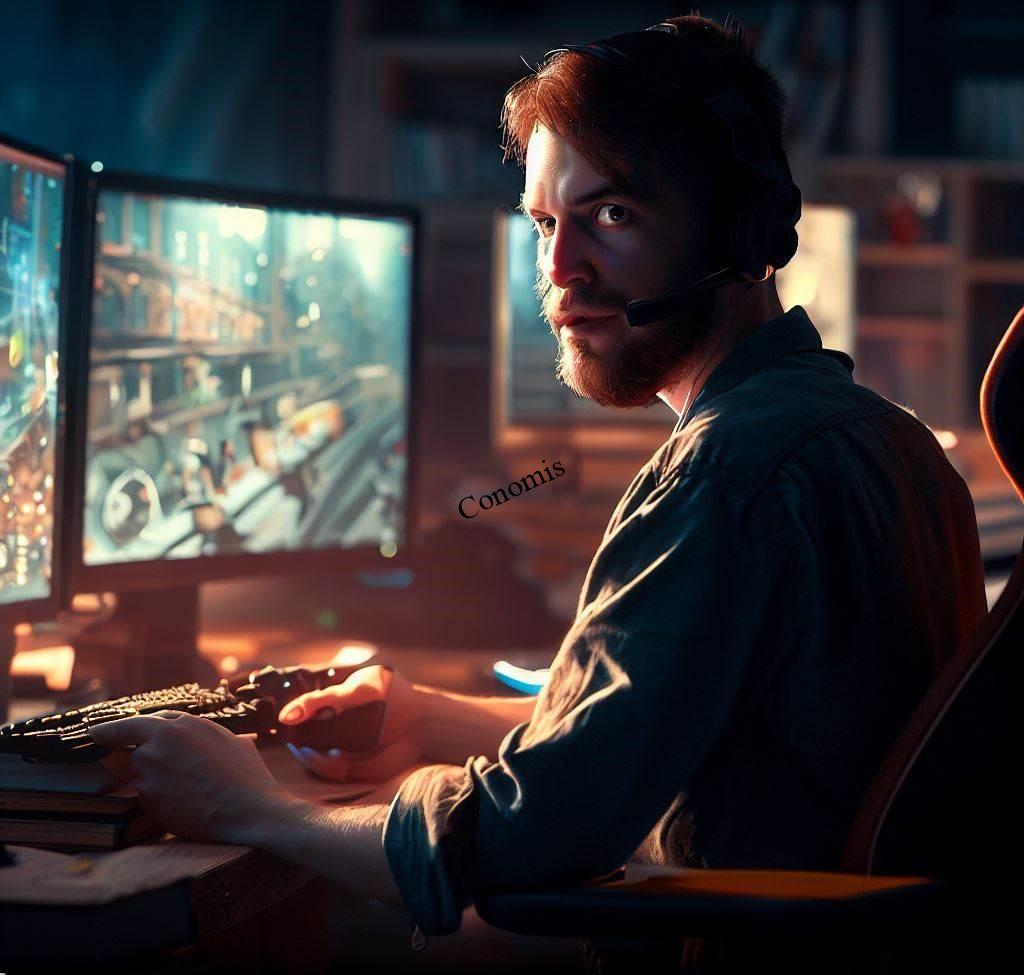
Then, there are games that juggle multiple objectives simultaneously. These environments, with their cascading tasks and targets, refine a player’s ability to multitask, helping them manage chaos and prioritize on the fly.
Contrary to traditional belief, games aren’t just about leisure. They’re interactive platforms that constantly challenge, motivate, and engage players. Imagine fusing the thrill of gaming with the essence of learning. It sounds enticing, doesn’t it? This unique blend positions games as a potent tool for skill development, merging fun with functional learning. Who said classrooms couldn’t be exhilarating?
How Game Weaves Threads of Harmonious Life
Embarking on Emotional Journeys: Gaming’s Gift of Empathy
Storytelling has long been a medium to convey emotions, experiences, and worldviews, enabling listeners or readers to immerse themselves in tales that might be far removed from their own reality. Video games have taken this ancient tradition and given it an interactive twist, presenting narratives that aren’t just observed but lived through.
When you dive into a game, you aren’t just a passive observer; you become an active participant. This participation isn’t limited to completing missions or achieving goals. Instead, it extends to feeling the joy, sorrow, conflict, and triumph of the characters. Whether it’s the heart-wrenching decisions they must make, the challenges they face, or the bonds they forge, players are right there with them, experiencing every high and low.
Think about it. When a character you’ve played faces adversity or encounters moral dilemmas, you’re compelled to make choices that determine their fate. As you navigate these virtual crossroads, you’re not only considering strategy or outcomes but also delving deep into the emotional and ethical cores of these avatars. The result? A heightened sense of understanding and empathy.
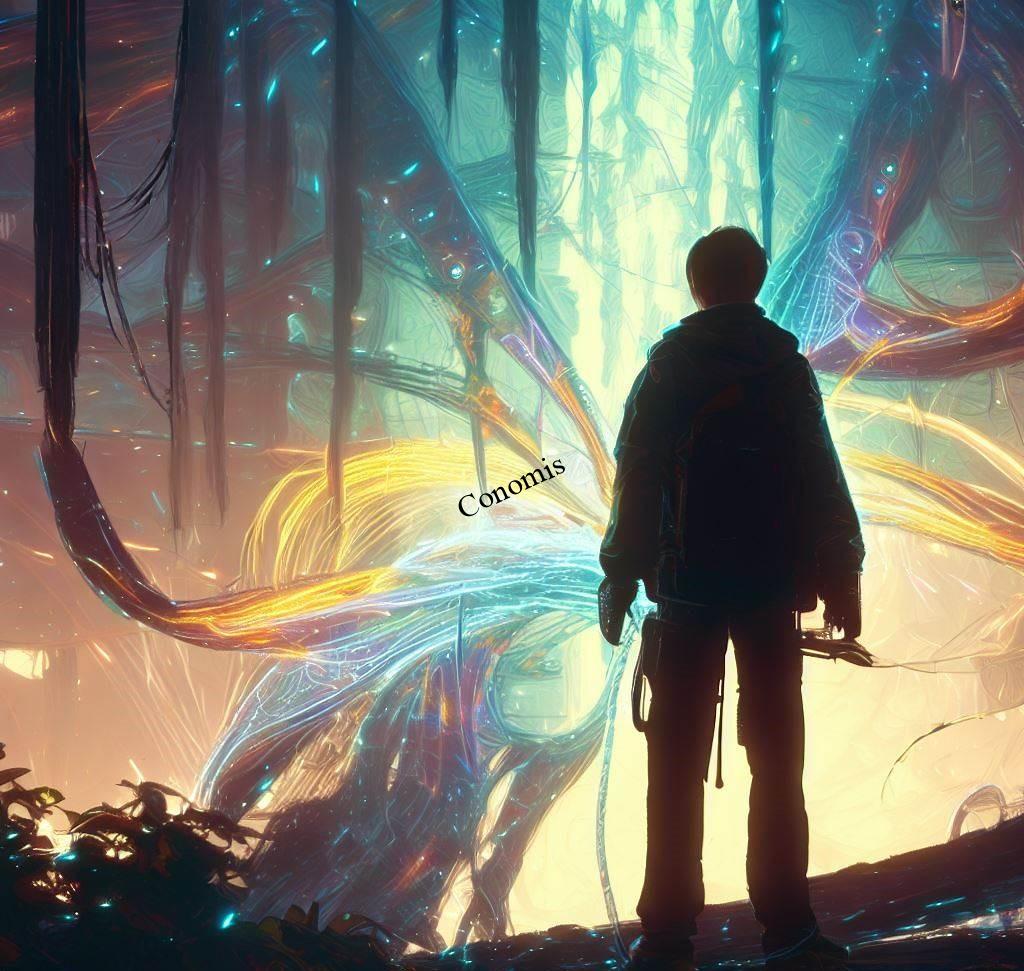
Such experiences in the gaming realm subtly shape our real-world interactions. Having ‘walked’ in the shoes of diverse characters, understanding and resonating with varying viewpoints and emotions becomes more intuitive. After all, if a game can teach us to feel for a pixelated character, imagine the depth of empathy we can bring to real human interactions.
In essence, video games, through their immersive storytelling, serve as catalysts for empathy. They remind us of our shared humanity, fostering an environment where understanding and compassion can flourish both on and off the screen.
Beyond the Screen: Gaming’s Blueprint for Teamwork and Unity
Imagine being thrust into a virtual world, facing insurmountable odds and challenges that seem too daunting to conquer alone. This is the essence of many cooperative (co-op) games, where individual prowess takes a backseat to collaborative efforts. Here, success isn’t about outshining others; it’s about uniting, strategizing, and achieving shared objectives.
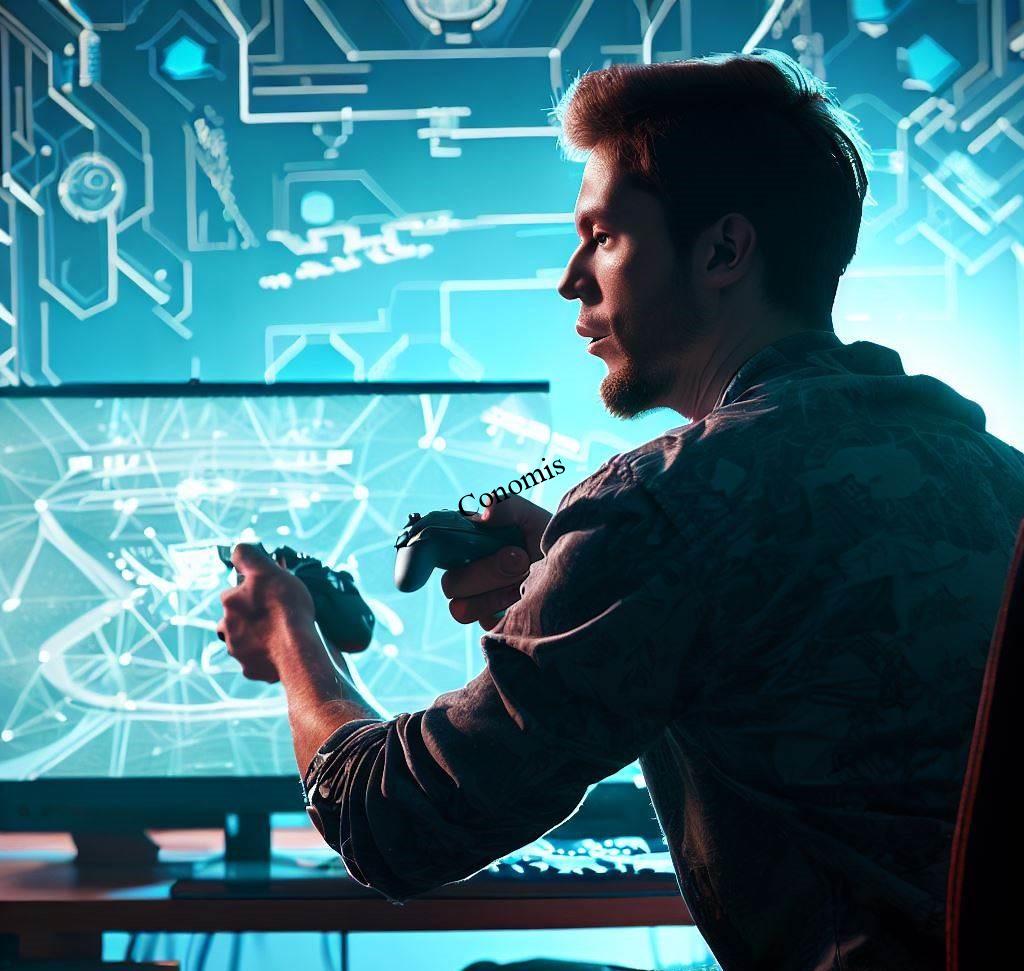
Co-op games, by design, necessitate seamless teamwork. Players are often assigned specific roles or tasks, each integral to the group’s success. A healer, a tank, a strategist—each has a role to play, and the beauty emerges when these roles intertwine flawlessly. Such games underscore the adage that the whole is greater than the sum of its parts.
But what does this virtual collaboration mean for the real world?
Translating these in-game experiences into real-life scenarios reveals a powerful lesson in teamwork and unity. Just as in a game, real-world projects often demand diverse skills and expertise. Success hinges on individuals bringing their unique strengths to the table and working cohesively. Much like how players strategize in a game, teams in professional or personal settings must communicate, delegate, and trust each other to achieve common goals.
Additionally, the mutual respect and camaraderie that blossom in these gaming environments can serve as a foundation for real-world interpersonal relationships. Celebrating shared victories, learning from collective failures, and acknowledging each member’s contribution fosters a bond that transcends the digital realm.
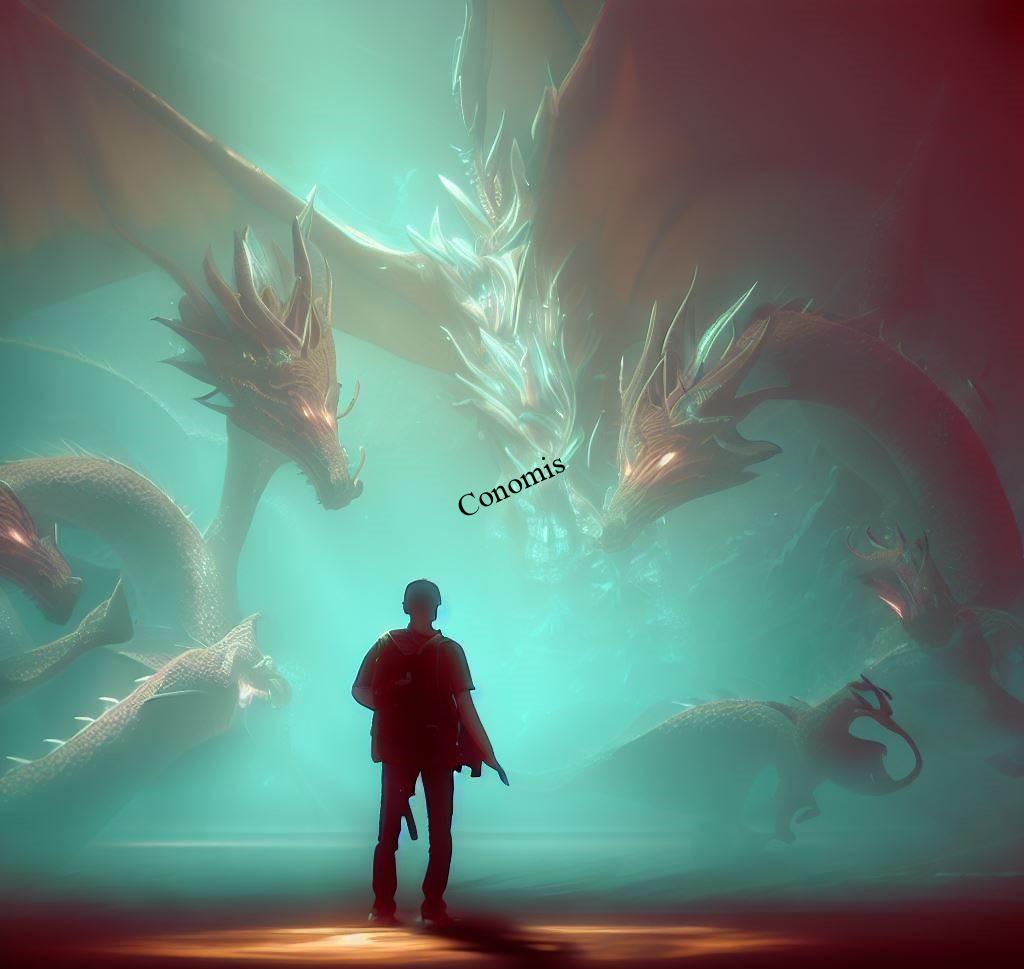
In conclusion, while the battles, challenges, and realms of co-op games might be fictional, the lessons in teamwork are as real as they come. By emphasizing unity and collaboration, gaming provides a blueprint for individuals to navigate challenges collectively, both onscreen and off. The endgame? A world where collaboration isn’t just a strategy but a way of life.
Tackling the Dragons: The Challenges and Misunderstandings of Gaming
The world of gaming, while filled with wonders and invaluable lessons, isn’t without its pitfalls and thorns. As we journey through this digital realm, it’s vital to address and confront the challenges and misconceptions that often cast shadows over the gaming landscape.
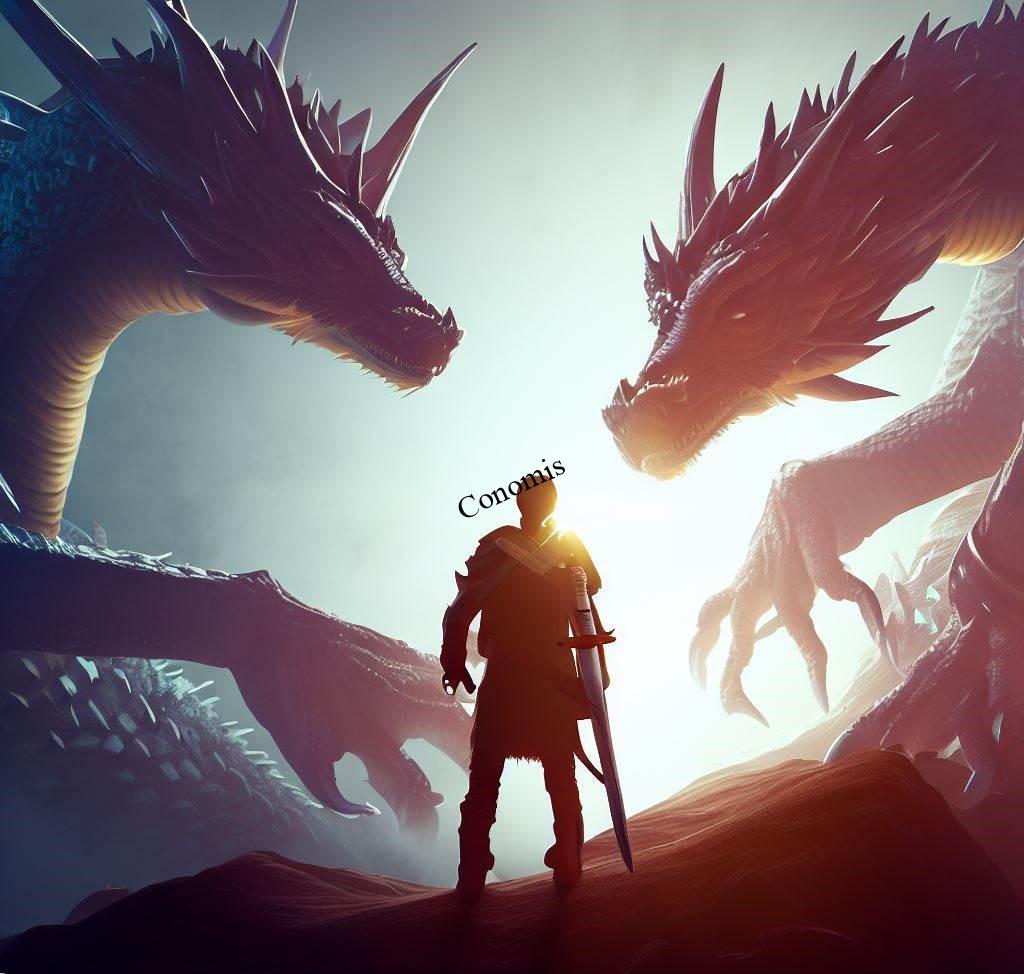
The Gaming Debate: Beyond the ‘Waste of Time Label
Gaming often finds itself at the heart of a debate. For many, it’s dismissed as a mere frivolous diversion devoid of any significant value. Such detractors quickly slap on the ‘waste of time’ label, perhaps oversimplifying the vast and diverse world of video games.
However, this surface-level judgment overlooks the depth that gaming brings to the table. At its core, the gaming realm is a rich tapestry, weaving cognitive, social, and emotional threads into its fabric. These are not just games; they are interactive experiences that challenge the mind, foster social connections, and evoke a spectrum of emotions.
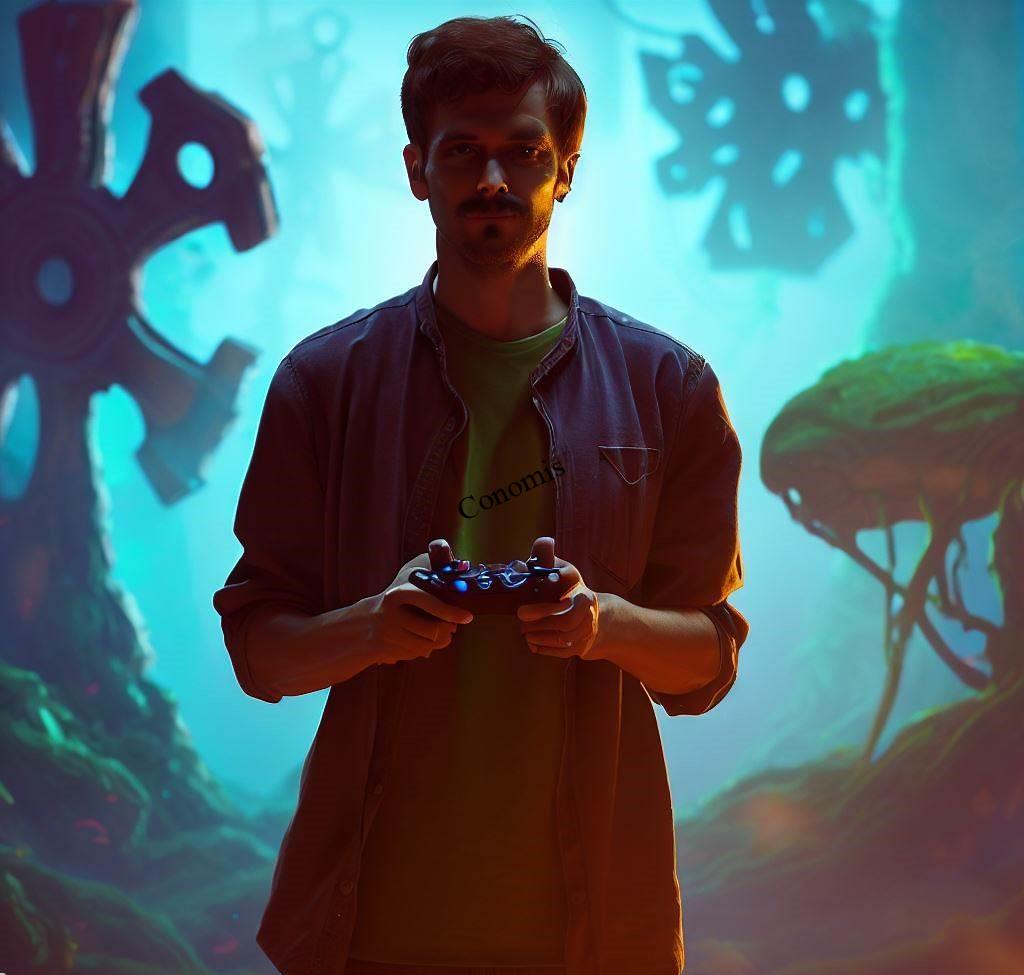
So, while it’s easy to cast gaming aside as trivial, doing so denies the multitude of benefits it holds. The onus is on us to look beyond misconceptions and appreciate the multifaceted value that games truly offer.
The Double-Edged Sword: Navigating Game Addiction Concerns
Every coin has two sides, and so does the realm of gaming. While it’s undeniably a source of entertainment, joy, and learning, it’s not without its potential pitfalls. Chief among these is the specter of addiction, a concern that’s become increasingly pronounced in the digital age.
Like any form of entertainment, be it binge-watching TV shows or scrolling social media, gaming holds the risk of overindulgence. Moderation, though preached often, sometimes takes a backseat, allowing obsession to sneak in. When virtual triumphs begin overshadowing real-world responsibilities, the line between passion and addiction starts to blur.

These instances, where the allure of gaming leads individuals to prioritize pixelated worlds and avatars over tangible tasks and relationships, aren’t merely anecdotal. They’re real, raising legitimate concerns about balance, mental health, and priorities.
The challenge, then, is not to demonize gaming but to approach it with awareness and mindfulness, recognizing when immersion turns into escape and keeping the scales of leisure and responsibility evenly balanced.
The Gaming Controversy: Violence, Aggression, and Perspective
Few topics within the gaming realm ignite as much debate as the portrayal of violence and its potential implications. Certain video games, especially those featuring intense combat or graphic scenes, often find themselves under scrutiny, with critics pointing to them as catalysts for aggressive behaviors in the real world.
However, making such a direct correlation can be a slippery slope. It’s akin to judging the vast world of cinema or literature solely based on action films or gritty novels. Video games, much like other art forms, encompass a diverse spectrum of genres, from serene exploration adventures to strategy puzzles and everything in between.
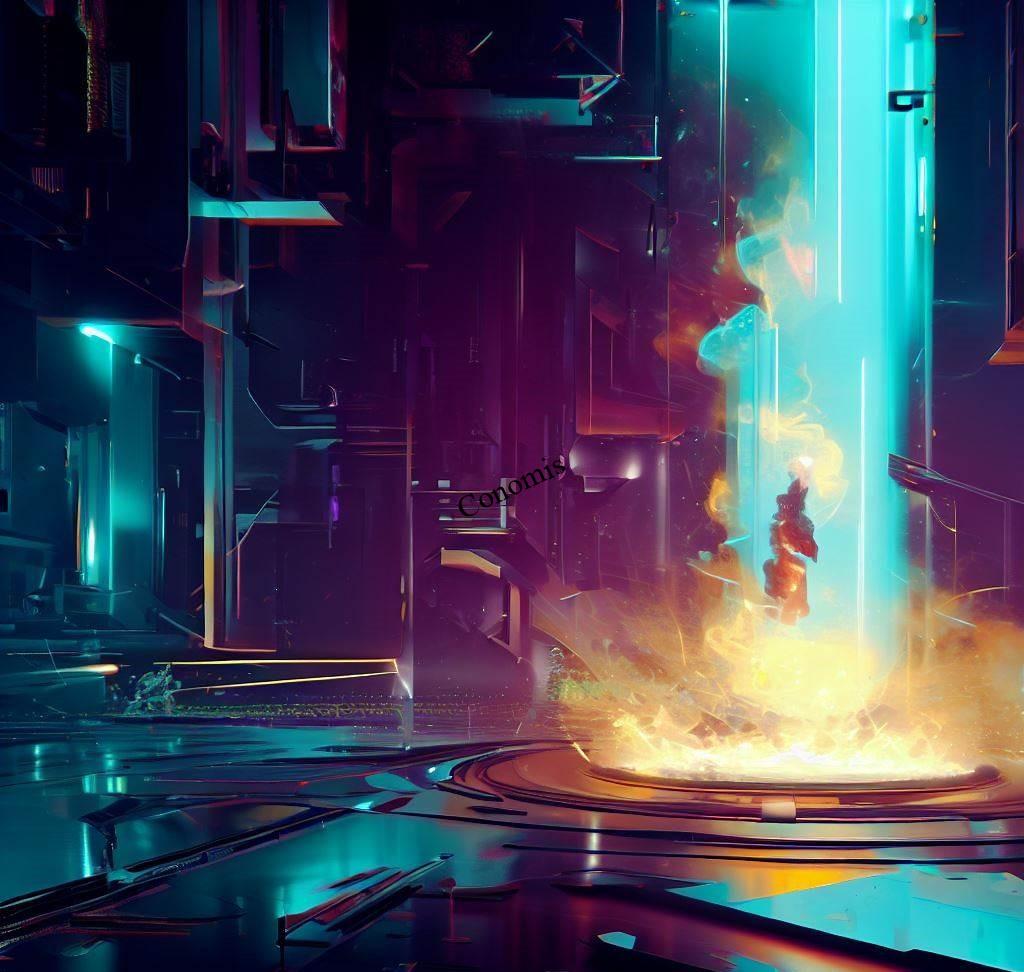
The critical aspect here is perspective. While there are titles that push boundaries with their portrayal of violence, they represent just a fraction of the gaming universe. Drawing conclusions about the entire industry based on these outliers does a disservice to the many games that educate, inspire, and provide solace.
In essence, it’s imperative to approach this topic with nuance, understanding that while certain games might stir controversy, the broader world of gaming is as varied as any other form of entertainment and deserving of a balanced and informed critique.
The Isolation Paradox: Gaming’s Delicate Dance with Social Connections
In the age of connectivity, an ironic concern emerges: the potential for isolation. While video games often serve as bridges, connecting players across the globe in shared digital realms, there’s also a shadow of concern that looms large. Critics argue that this very medium, celebrated for its social facets, might also be a catalyst for decreased physical social interactions.
Diving into the immersive worlds of games can sometimes mean turning away from real-world connections. Extended gaming sessions could lead to hours, days, or even weeks with minimal face-to-face interactions, fostering a sense of detachment from one’s immediate surroundings and community. It’s a concern that isn’t entirely unfounded; stories of players becoming increasingly engrossed in virtual worlds at the expense of real-world connections do circulate.
However, this doesn’t mean gaming is inherently isolating. It’s about the approach. Just as with any other activity, balance is paramount. Recognizing the value of both virtual camaraderie and physical social interactions is the key. One doesn’t necessarily have to come at the expense of the other.

The challenge is integrating these two facets of social connection harmoniously. By ensuring that the joys of virtual interactions in gaming don’t overshadow the enriching experiences of real-world conversations and meet-ups, players can enjoy the best of both realms, ensuring a holistic social experience.
Physical Health Issues: Prolonged hours of gaming can lead to health issues like eye strain, sedentary lifestyle concerns, and ergonomic challenges. Incorporating regular breaks, physical activity, and an ergonomic setup is pivotal.
Unrealistic Expectations: Some argue that games, with their fantastical worlds, might foster unrealistic expectations about real life, especially among younger players. Educating players about the distinction between game mechanics and real-world dynamics is crucial.
Confronting these dragons isn’t about negating the benefits of gaming; it’s about understanding its full spectrum. By addressing challenges head-on and dispelling myths, we can ensure that the world of gaming remains a constructive force, striking a harmonious balance between escapism and real-world impact. After all, every realm, digital or not, has its dragons, doesn’t it?
Conclusion
Gaming: The Unsung Hero in Tackling Life’s Challenges
At a cursory glance, video games might appear as mere pastimes—digital diversions to momentarily escape the rigours of everyday life. But look a little closer, and you’ll discover a world brimming with potential solutions to life’s myriad challenges. Gaming is not just a playground; it’s a tool, a teacher, and sometimes a lifeline.
Dive into a strategy game, and you’re not just moving pieces on a board. You’re flexing cognitive muscles, honing decision-making abilities, and cultivating strategic thinking. These aren’t just game skills; they’re life skills. They translate into our day-to-day lives, helping us navigate challenges with clarity and precision.
But it’s not just about the mind. It’s about the heart and soul as well. The realm of gaming fosters global connections, allowing players from different corners of the world to unite under shared goals. In a time when divisiveness often takes center stage, these virtual bonds underscore the universal human desire for connection and understanding.

However, as with all powerful tools, the effectiveness of gaming hinges on its use. Harnessing its potential requires both understanding and the right approach. It’s about recognizing that a game is more than its graphics and gameplay; it’s a conduit for growth, learning, and harmony.
In essence, when approached with mindfulness and balance, gaming can indeed weave together the threads of a more harmonious, connected, and enriched life. The pixelated worlds on our screens hold lessons that resonate far beyond their digital borders.
FAQs
How can gaming influence real-life skills?
Games can enhance cognitive abilities, foster teamwork, and improve problem-solving skills.
Aren’t games just a form of escapism?
While they offer an escape, they also provide education, connection, and therapy.
Can gaming truly foster empathy?
By placing players in diverse narratives, games enable them to understand various perspectives.
How can one balance gaming and real life?
Setting time limits and taking regular breaks can ensure a balanced gaming routine.
Is there a future where gaming is integrated into education?
Absolutely! Gamification in education is already emerging as a powerful teaching tool.
You Can Also Read

https://store.epicgames.com/en-US/
Conomis Thoughts
![]() Copyright 2023 CONOMIS
Copyright 2023 CONOMIS
